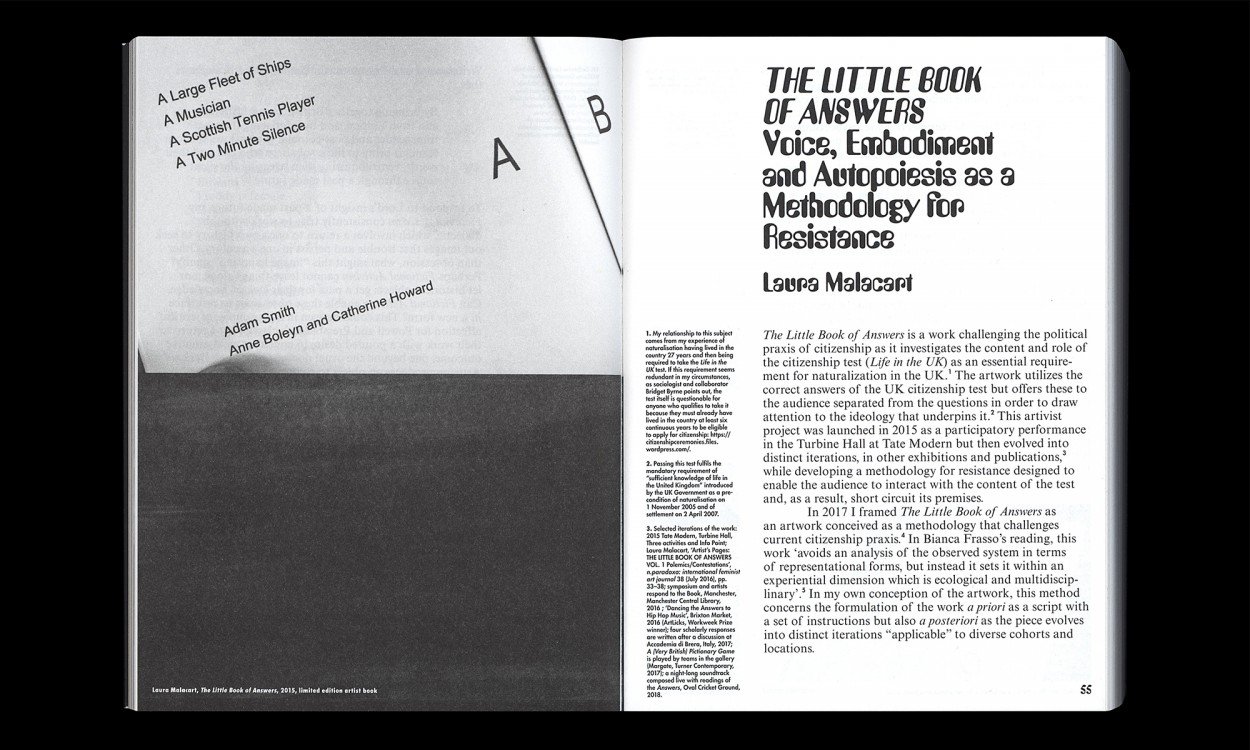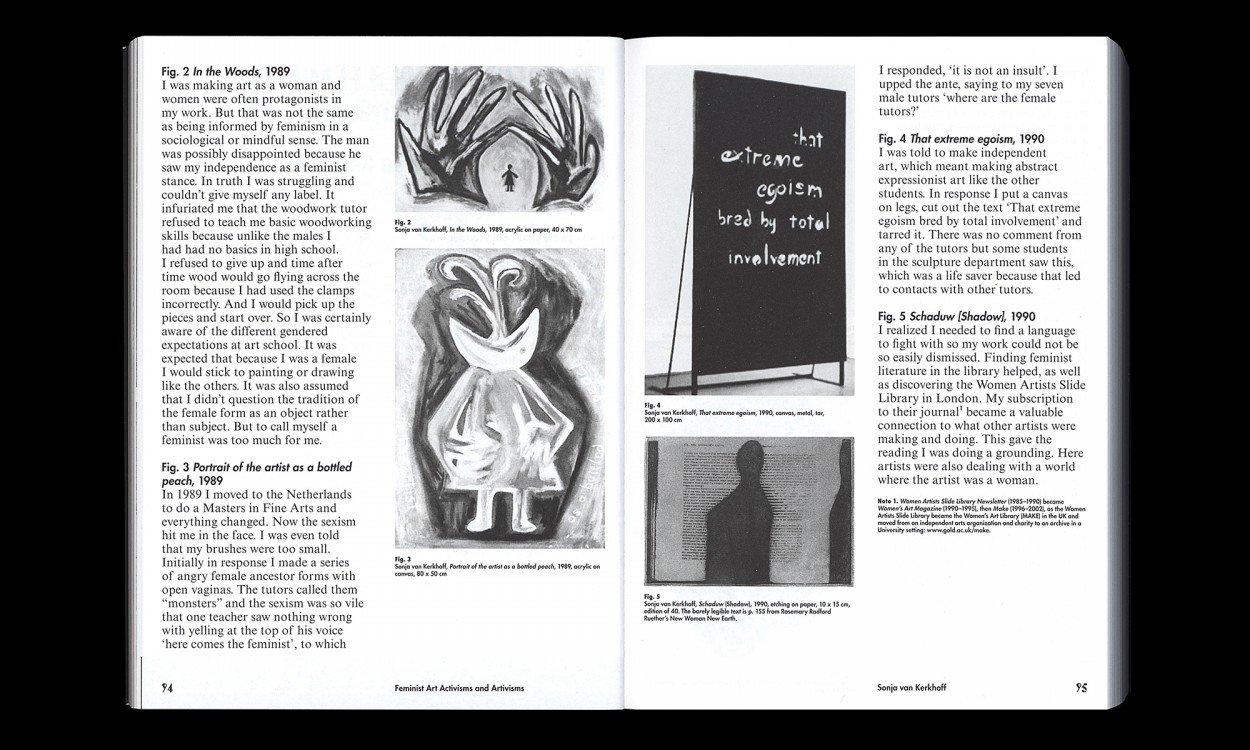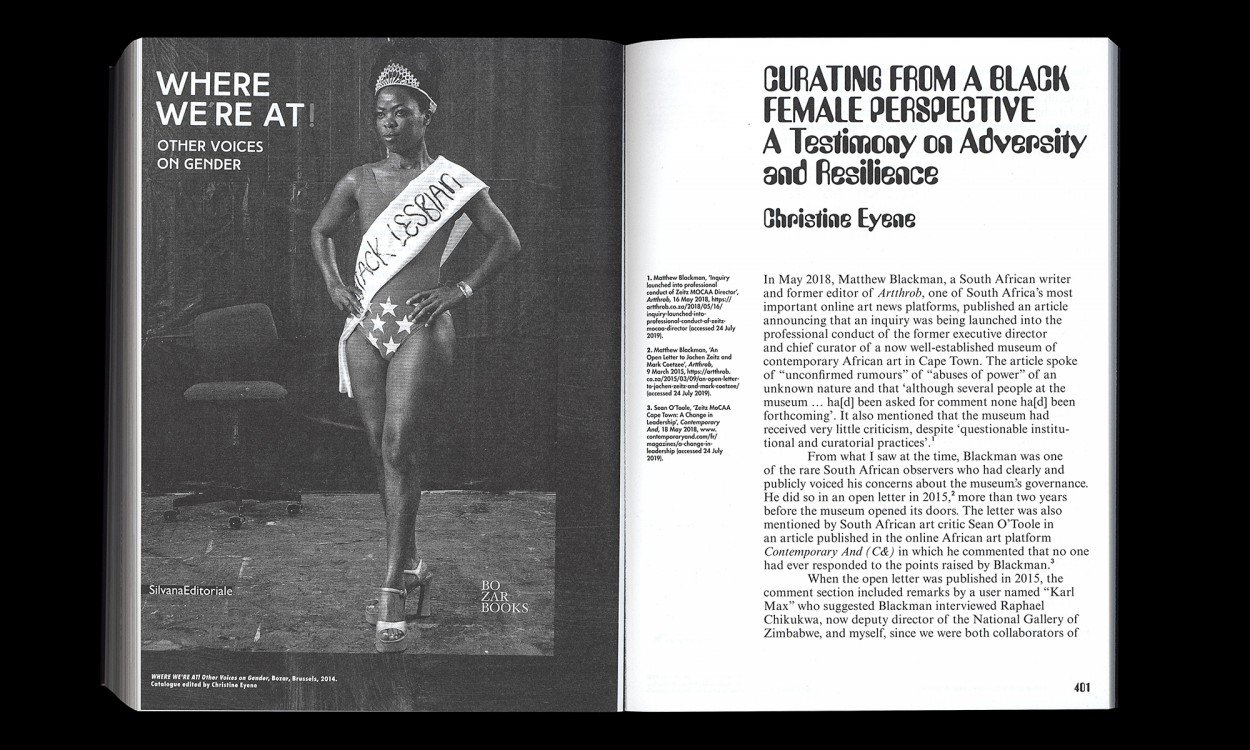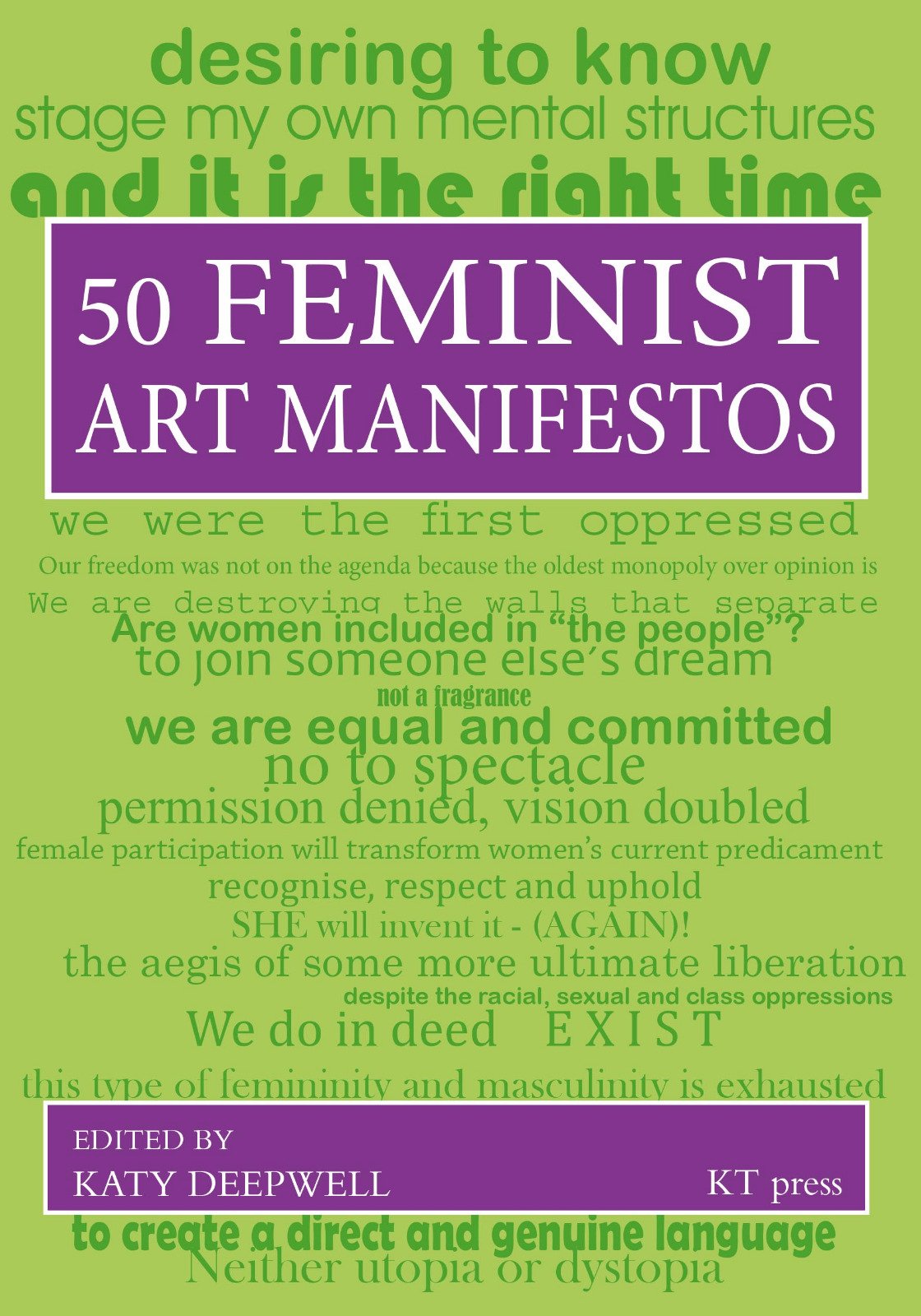KATY DEEPWELL INTERVIEW
Our art intern, Emma K, interviewed feminist art critic and theorist Professor Katy Deepwell on her pioneering work to gain visibility for feminist art and her upcoming book “50 Feminist Art Manifestos.”
Katy Deepwell has dedicated her academic career to feminism as a local/global phenomenon in contemporary art, creating an astounding array of projects to explore the works of women artists and feminist art criticism. She founded KT Press, a not-for-profit publishing company aiming to promote an understanding of women artists and their work, and was editor-in-chief of n.paradoxa, the only international feminist art journal (1998-2017). She also founded the Feminist Art Observatory, an invaluable resource listing feminist research on contemporary women artists. She designed a free “Feminism and Contemporary Art” Mass Open Online Course (MOOC), which offers a solid grounding in the relationship between feminist politics and art. She teaches at Middlesex University.
Katy Deepwell has written eleven books, all of which are intended to “transform people’s understanding of something they want to engage with but don’t know how.” They are designed to enable readers to access the complexity of certain debates revolving around feminist art. Feminism is “a big open question” in relation to contemporary art: covering many issues, subjects and styles of work, as well as crossing continents. Positing the relationship between aesthetics and politics as inherently complex, she explains that feminist art is about “how the art piece works and can be understood”. It can be about how the artwork is read, but also how it is taken up by culture as representing feminism. “Feminist issues could be its subject matter but also arise as a system of effects upon its audience.”
We discussed her brilliant book, Feminist Art Activism and Artivisms (Valiz 2020). Katy Deepwell explains: “It is unusual for a book on art and activism to directly address feminism. There are too many books about art and activism where there is only one feminist essay. And so this is the counter to that: here are are thirty-nine different arguments within feminism on the relationship between art and activism.” The book aims to pluralise the debate around feminist activism in the arts. With contributions from artists, curators and academics, Feminist Art Activism and Artivisms explores issues surrounding identity, intersectionality, power structures and politics in the visual arts. In her words, “This book is my active intervention in the art world.”



We also spoke about her exciting new book, 50 Feminist Art Manifestos (KT press 2022). This collection of feminist art manifestos, she realised, could be seen as “a shorthand for thinking through the complexities in feminism and the art world”; they allow for multiple articulations of the relationship between art and politics. As she explains, “A manifesto has to generalise. It has to open up the possibility that it’s not about one woman’s subjectivity, it’s about shared subjectivities. A manifesto has to have this really clear, collective voice… The voice in a manifesto is not one person’s expression, it’s an invitation for other people to join them in an imaginary future scenario.” For her, it is precisely the manifesto’s invaluable ‘come join me’ message which lies at the heart of feminist art activisms.
As its title suggests, the book showcases fifty feminist art manifestos ranging from a manifesto written by eminent Pakistani women artists in 1983 at a time of feminist activism against the Islamic dictatorship of General Zia to a manifesto written by Greek artists Katerina Thomadaki and Maria Klonaris in Paris in the 1970s who advocated an alternative, experimental and radical cinema foregrounding a lesbian feminist subjectivity. Moreover, its design strives to refer back to the typographies that echo or mirror the original publication of each manifesto. “A lot of them were handouts, a lot of them are online, a lot of them are very ephemeral documents, so capturing them in this book will hopefully help circulate the ideas they contain and that’s also important.”
Katy Deepwell predicts that the book will be inspirational to a lot of women internationally “because if they don’t see themselves figured there, then they can always write their own [manifesto]”. Keep your eyes peeled for 50 Feminist Art Manifestos, which is coming out in January 2022!





